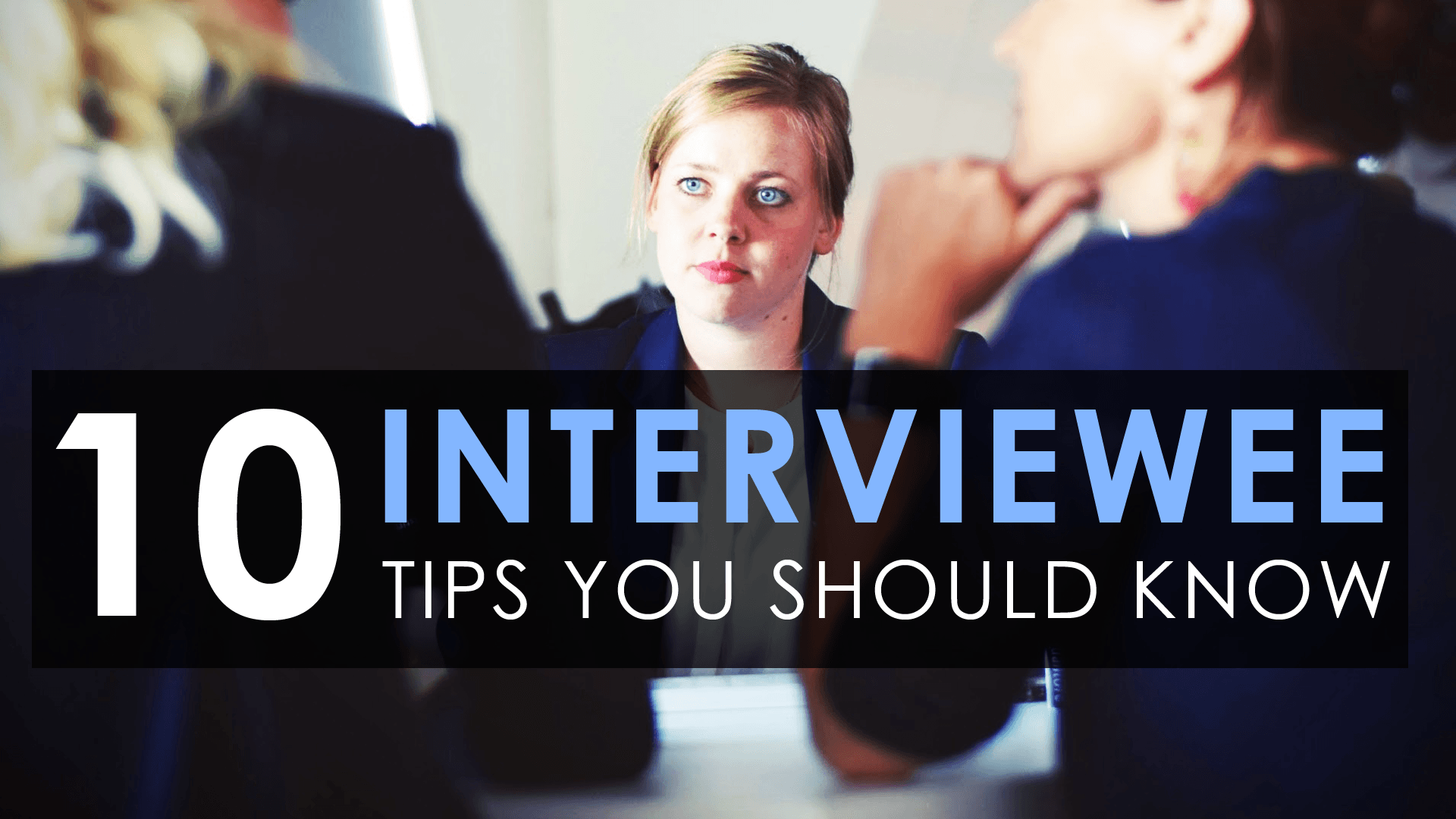
Ten tips for project manager interviewees
I took a quick straw poll in the office and interviews are up there on the list of things that stress people out. I’ll confess that I hate interviews. I always worry that I’m going to say the wrong thing or do something silly. So anything that helps make the process easier gets a yes vote from me.
In this blog post I’ll be giving you ten tips on how you can ace a project manager, or in fact any, job interview. You can also check out the video on our YouTube channel
Some of these tips are common sense but you’d be amazed at how often the scenarios I mention happen.
- Research the route that you will be taking and include realistic alternatives. There’s nothing worse than being on the way to an interview and finding that the route you’ve picked is unavailable and you have no idea what to do next. You can end up flustered, panicked and running late. Not a good combo.
- Be on time to the interview. I always try and turn up about ten minutes early. That gives me time to find out exactly where I need to be and visit the facilities if necessary.
- If the worst does happen and you realise that you are going to be late, or are unable to attend, be courteous and contact the company as soon as possible. More often than not you’ll find they’ll be willing to reschedule. If they are not, do you really want to work for an organisation that’s so inflexible?
- Be polite to everyone. You never know who is going to be involved in making the hiring decision. One company I worked with used to include the front office security guard in the decision making process as they wanted people who were polite to everyone. It was amazing the number of candidates who failed to progress because of the way they treated him.
- Make sure you prepare thoroughly. I like to spend time before the interview reviewing the job description, my C.V. and covering letter before the interview to refresh my memory. I also pick out the key requirements in the job description so that I can tailor my answers around them.
- Research the organisation as thoroughly as possible. I look up social media accounts, such as Twitter, Facebook and LinkedIn. I also check out review sites like Glassdoor.com as well as running a Google search and visiting the company’s website. This is a great source of information that you can use in the dreaded do you have any questions section of the interview.
- Have some good example projects in mind so that when you’re asked competency based questions you don’t have to think too hard to provide examples.
- Think about answers to some gnarly questions, such as:
-
-
- What happened the last time you didn’t delegate?
- What was the most serious project risk that became an issue, how did you deal with it?
- How do you handle a difficult key stakeholder?
-
-
- Tied into number 5’s tip about researching the organisation, always have a few questions for the interviewers. The more insightful the better:
-
-
- What does success in this role look like to you?
- If I was successful, what would my first week look like?
- I noticed on <website> that <the company> has done <something>. How does this role contribute to successes like this?
- What do you think the biggest challenges are in this role?
-
-
- Don’t be afraid to stop an interview if you don’t like what you’re hearing. After all, an interview is as much about the company selling themselves to you as it is you selling yourself to them.
These are my top ten interviewee tips, I’m sure you have loads more so please feel free to share them in the comments.
Once you’re successful in your job hunt, If you’re looking for a solid PPM tool, look no further than Psoda. You can try it free for 30 days.


